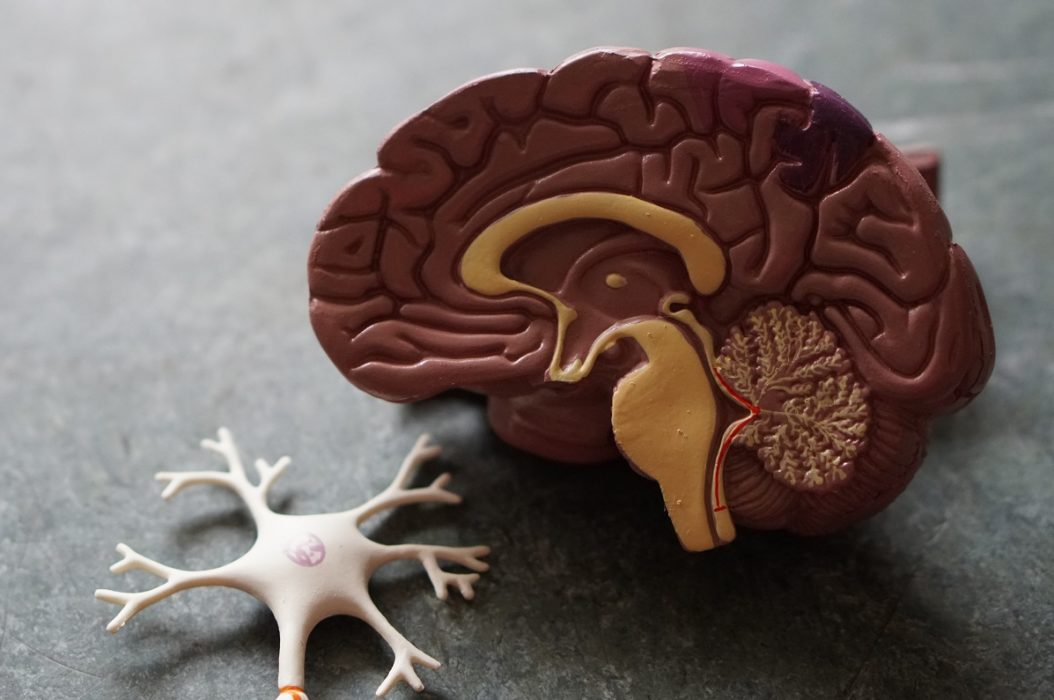A new magnetic brain stimulation treatment has shown great promise in the battle against depression. The procedure, developed by a team of researchers at Stanford University School of Medicine, found success in alleviating the mental illness in 90% of its 21 participants. All of the participants reported suicidal thoughts prior to the trial, while none of them did after. After one month, 60% were still in remission from depression.
“There’s never been a therapy for treatment-resistant depression that’s broken 55% remission rates in open-label testing. Electroconvulsive therapy is thought to be the gold standard, but it has only an average 48% remission rate in treatment-resistant depression. No one expected these kinds of results.” – Nolan Williams, MD, assistant professor of psychiatry and behavioral sciences
The research team refers to the new method as the Stanford Accelerated Intelligent Neuromodulation Therapy, or SAINT. SAINT has tripled the number of magnetic pulses sent through the patient each session compared with similar interventions. Each patient underwent 10 sessions of 10 minutes with 50 minutes in between.
While the sample size was too small to be conclusive, these early results have set the groundwork for an upcoming larger, double-blind trial which can further validate this new technique. The research team also hopes to test its effectiveness in treating addiction, autism, obsessive-compulsive disorder, and other mental illnesses.
This new technique serves as a reminder that mental illness is often primarily an issue of brain chemistry that require medical intervention. We so often want people to just “pick themselves up by their bootstraps”, as if depression and anxiety are simply a matter of will power. They aren’t. And saying they are just further isolates those who are suffering. But soon, with emerging techniques like SAINT and others, millions of people suffering from these diseases may finally get the relief they’ve been yearning for.



